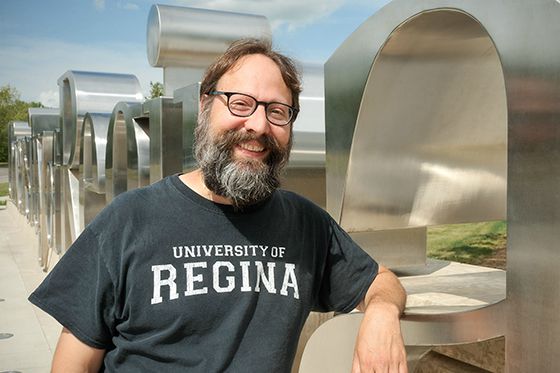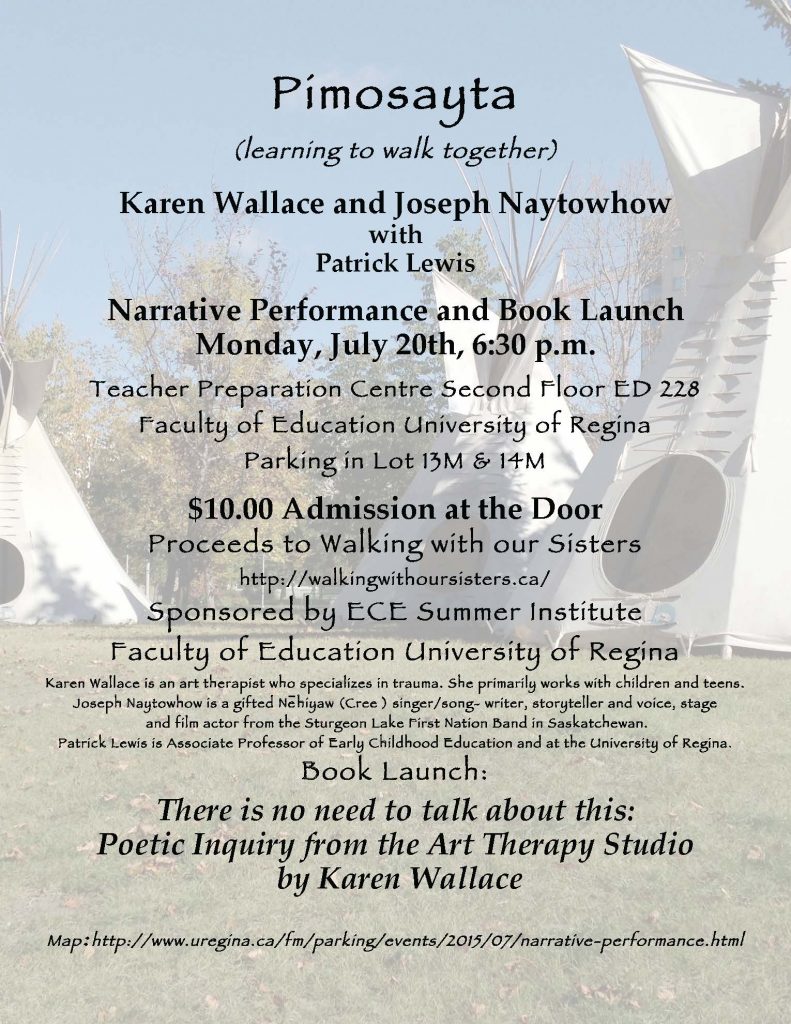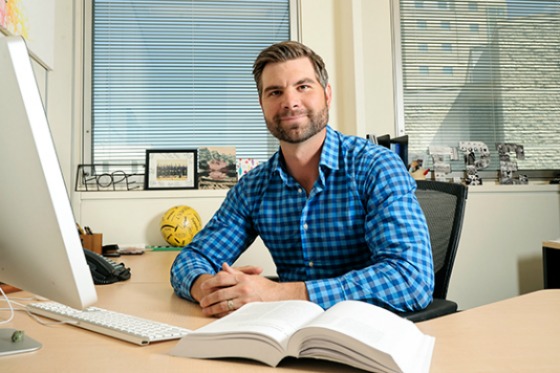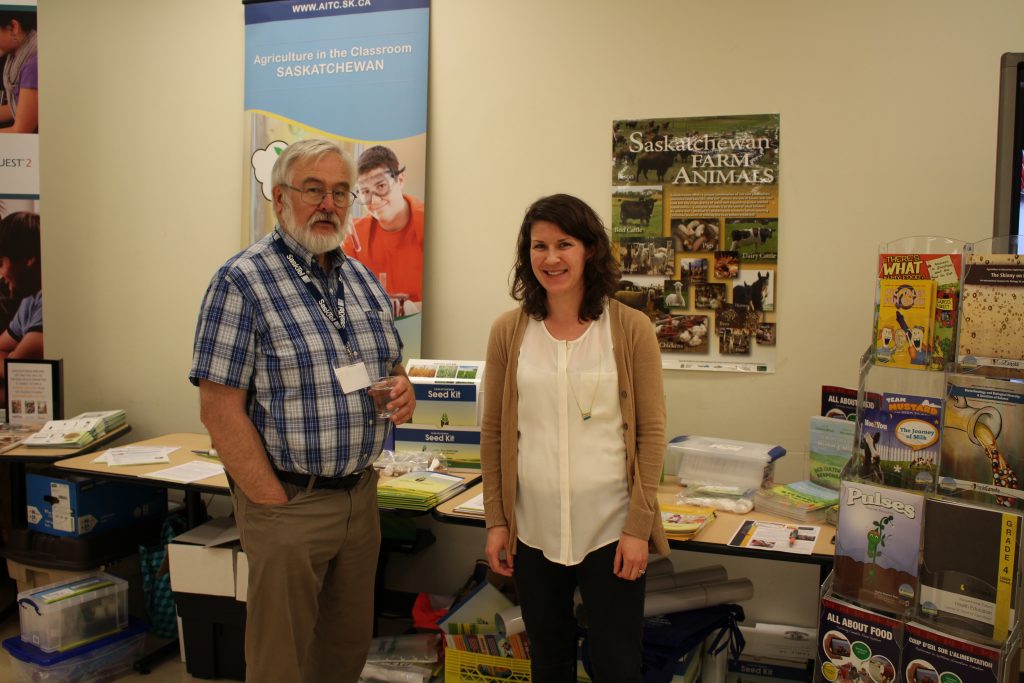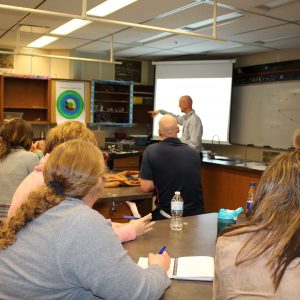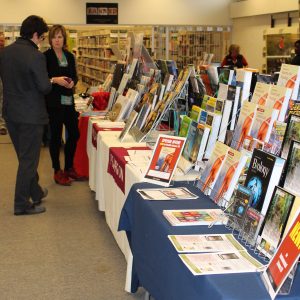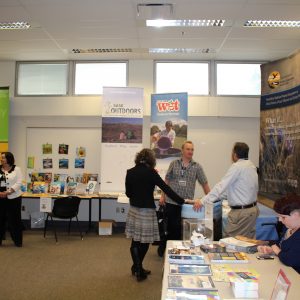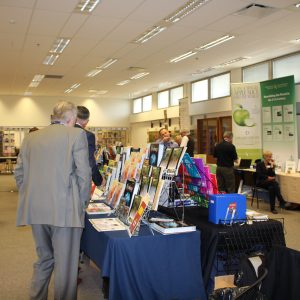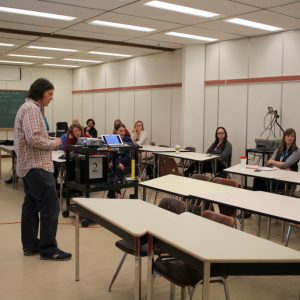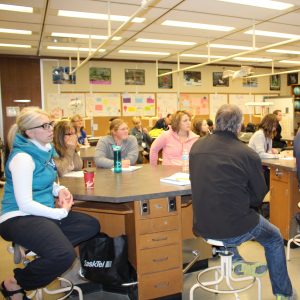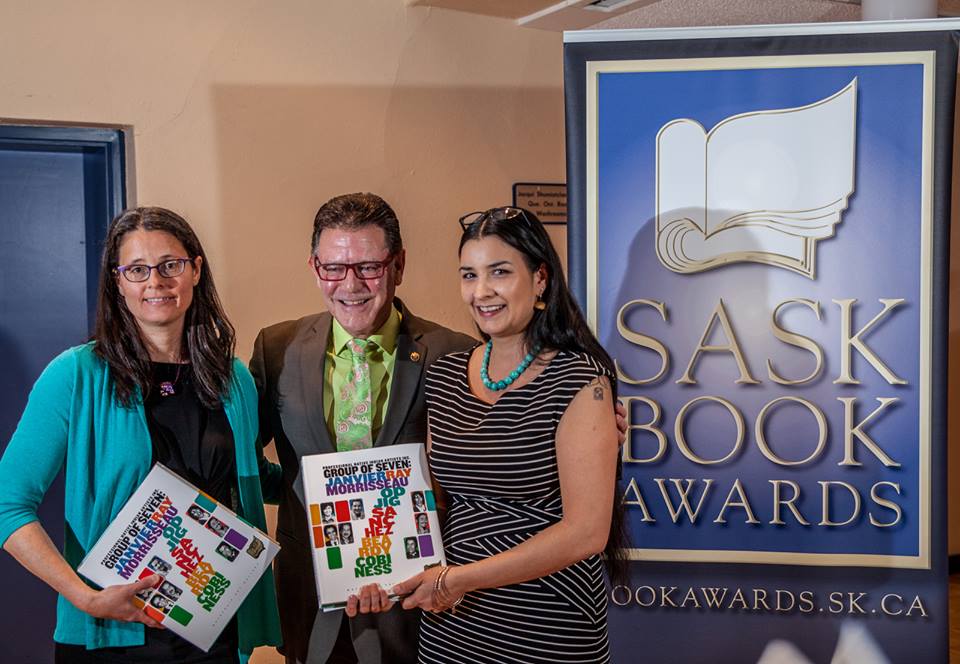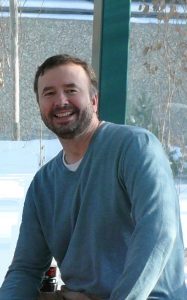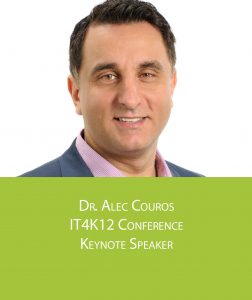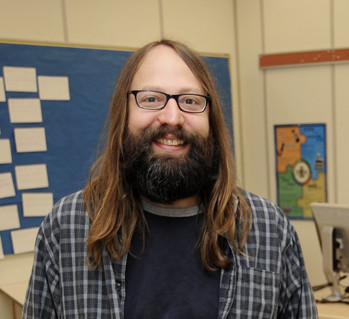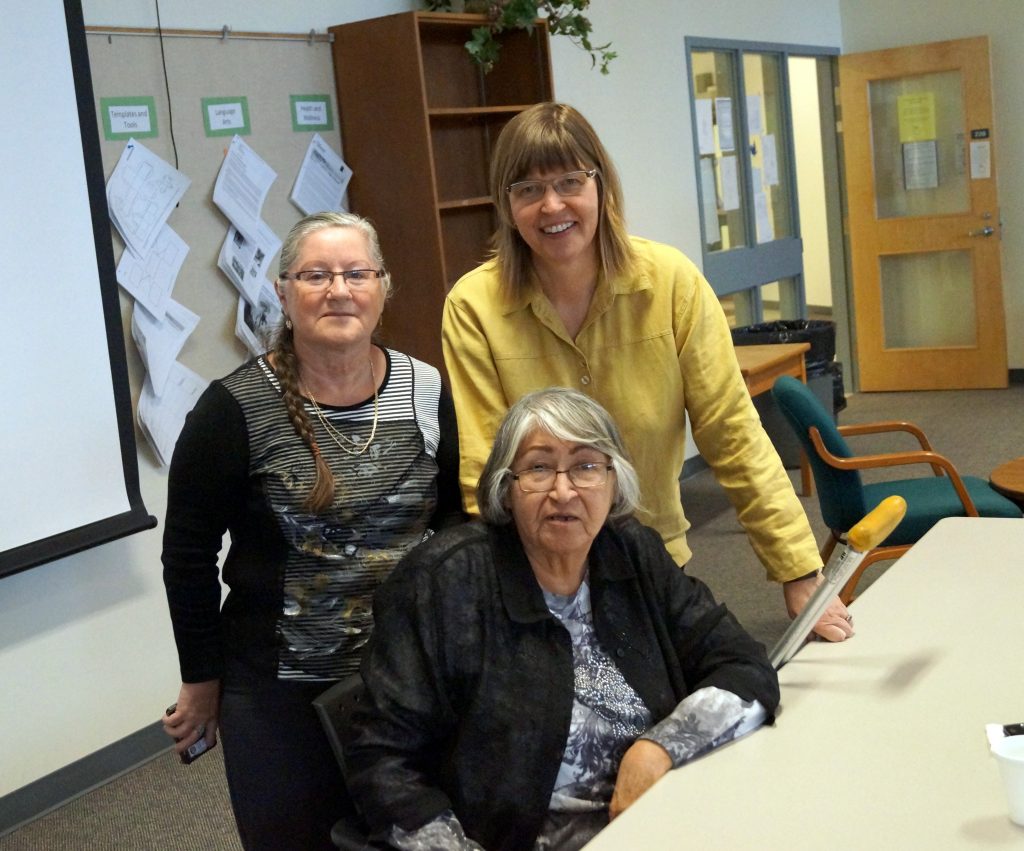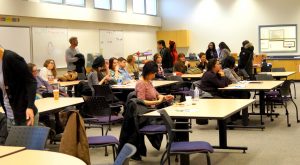An international conference at the University of Regina from July 23 to 25, 2015, will explore ways of measuring the impact of research and being more accountable to the public.
“We have to rethink what forms the products of research will take. Peer-reviewed journal articles may not always be appropriate or even desirable,” explains Dr. Marc Spooner, a professor of Education at the University of Regina and a co-organizer of the event along with Dr. James McNinch.
About 20 world-class guest speakers from Canada, New Zealand, the United Kingdom and the United States will be making presentations. More than 100 guests are expected to attend the event, including university presidents, professors, community members, government officials.
“Also, we have to do a better job of engaging the public,” says Dr. Spooner. “We have to be effective at explaining and disseminating our research findings both to the public and also to policy makers, stakeholders, government – including public talks, not just at the university but in our communities as well.”
Dr. Spooner says it’s significant that this important international event is taking place at the University of Regina.
“The U of R is innovative and fresh enough in our thinking to dare to have these perhaps difficult conversations about what counts as research and why. It’s the same with research impact. We are nimble, open-minded, and creative. We are bold enough to challenge the status quo, to interrogate tradition, and to trust open dialogue.”
Dr. Spooner believes that what counts as scholarly impact must continue to evolve.
“Important advances in community-based and participatory approaches to research – which involve our communities – continue to develop and become a more commonly applied type of scholarship,” he says.
“It means we are at the forefront of examining research impact and of engaging in meaningful scholarship. We have the opportunity to be a national and international leader in supporting and rewarding the wide array of valuable scholarship in all its manifestations our world so desperately needs,” he adds.
Reposted from U of R Feature Stories
By Dale Johnson
